Books
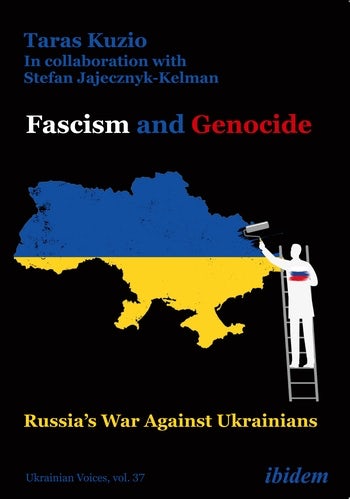
Fascism and Genocide: Russia’s War Against Ukrainians
By Taras Kuzio and Stefan Jajecznyk-Kelman. This book details how Russia’s February 2022 open invasion of Ukraine has led to the biggest military conflagration and refugee crisis in Europe since World War II—a development with global ramifications. Co-written by a leading Western political expert, with three decades of research on contemporary Ukraine, and a prolific…
Read more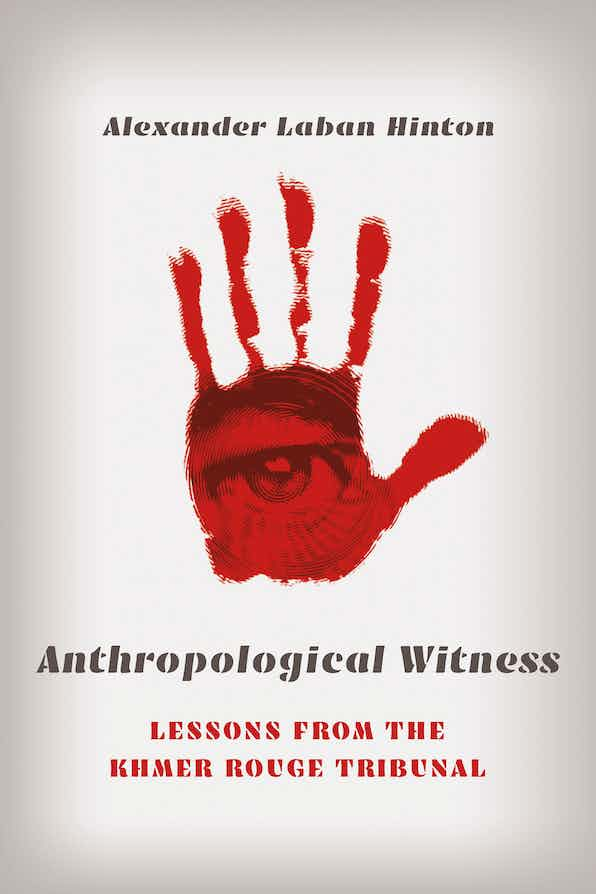
Anthropological Witness: Lessons from the Khmer Rouge Tribunal
By Alexander Laban Hinton. Anthropological Witness tells the story of Alexander Laban Hinton’s encounter with an accused architect of genocide and, more broadly, Hinton’s attempt to navigate the promises and perils of expert testimony. In March 2016, Hinton served as an expert witness at the Extraordinary Chambers in the Courts of Cambodia, an international tribunal established to…
Read more
Abolitionist Intimacies
By El Jones. In Abolitionist Intimacies, El Jones examines the movement to abolish prisons through the Black feminist principles of care and collectivity. Understanding the history of prisons in Canada in their relationship to settler colonialism and anti-Black racism, Jones observes how practices of intimacy become imbued with state violence at carceral sites including prisons,…
Read more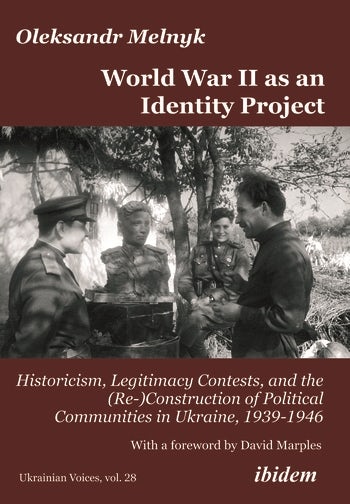
World War II as an Identity Project: Historicism, Legitimacy Contests, and the (Re-)Construction of Political Communities in Ukraine, 1939–1946
By Oleksandr Melnyk. This book explores the relationship between history, legitimacy, and violence in the building and breaking of nations and states on the territory of contemporary Ukraine during the Second World War and in its aftermath. At its center are various institutions of the Soviet state. Other states and rival political movements also enter…
Read more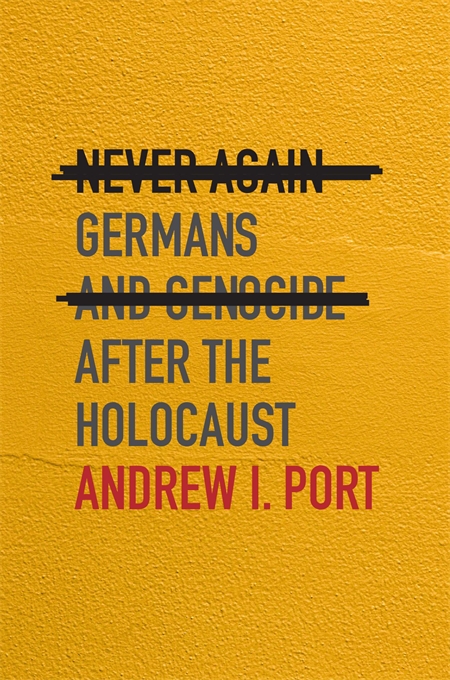
Never Again: Germans and Genocide after the Holocaust
By Andrew I. Port. Germans remember the Nazi past so that it may never happen again. But how has the abstract vow to remember translated into concrete action to prevent new genocides abroad? As reports of mass killings in Bosnia spread in the middle of 1995, Germans faced a dilemma. Should the Federal Republic deploy…
Read more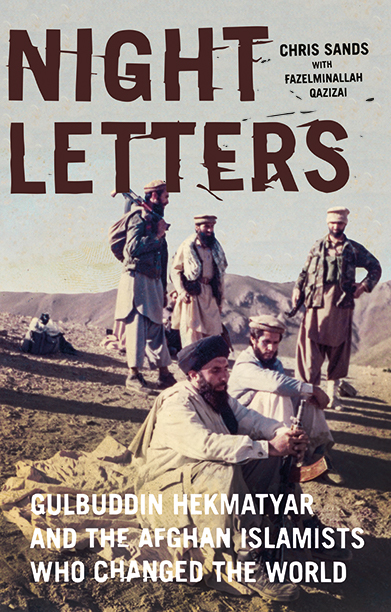
Night Letters: Gulbuddin Hekmatyar and the Afghan Islamists Who Changed the World
By Chris Sands and Fazelminallah Qazizai. In 1969, several young men met on a rainy night in Kabul to form an Islamist student group. Their aim was laid out in a simple typewritten statement: to halt the spread of Soviet and American influence in Afghanistan. They went on to change the world. Night Letters tells…
Read more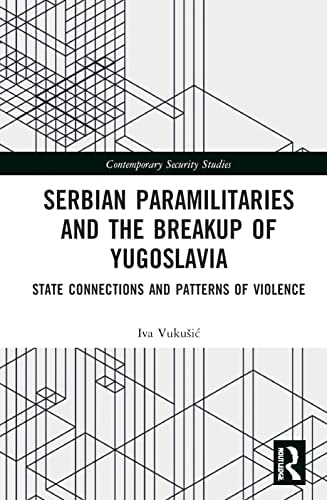
Serbian Paramilitaries and the Breakup of Yugoslavia: State Connections and Patterns of Violence
By Iva Vukušić. This is the first book to offer a comprehensive analysis of the emergence, nature, and function of Serbian paramilitary units during the violent breakup of Yugoslavia. In the book, Vukušić investigates the nature and functions of paramilitary units throughout the 1990s, and their ties to the state and President Slobodan Milošević. The…
Read more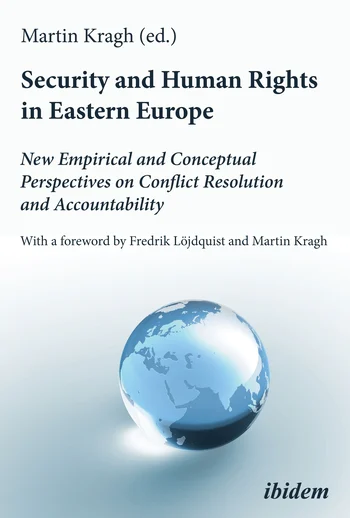
Security and Human Rights in Eastern Europe: New Empirical and Conceptual Perspectives on Conflict Resolution and Accountability
Edited by Martin Kragh. With a foreword by Fredrik Löjdquist and Martin Kragh More than three decades since the fall of the Soviet Union, several conflicts over territory and political influence in Eastern Europe persist. This volume gathers new empirical and conceptual perspectives on the situation regarding security and human rights in the EU’s eastern…
Read more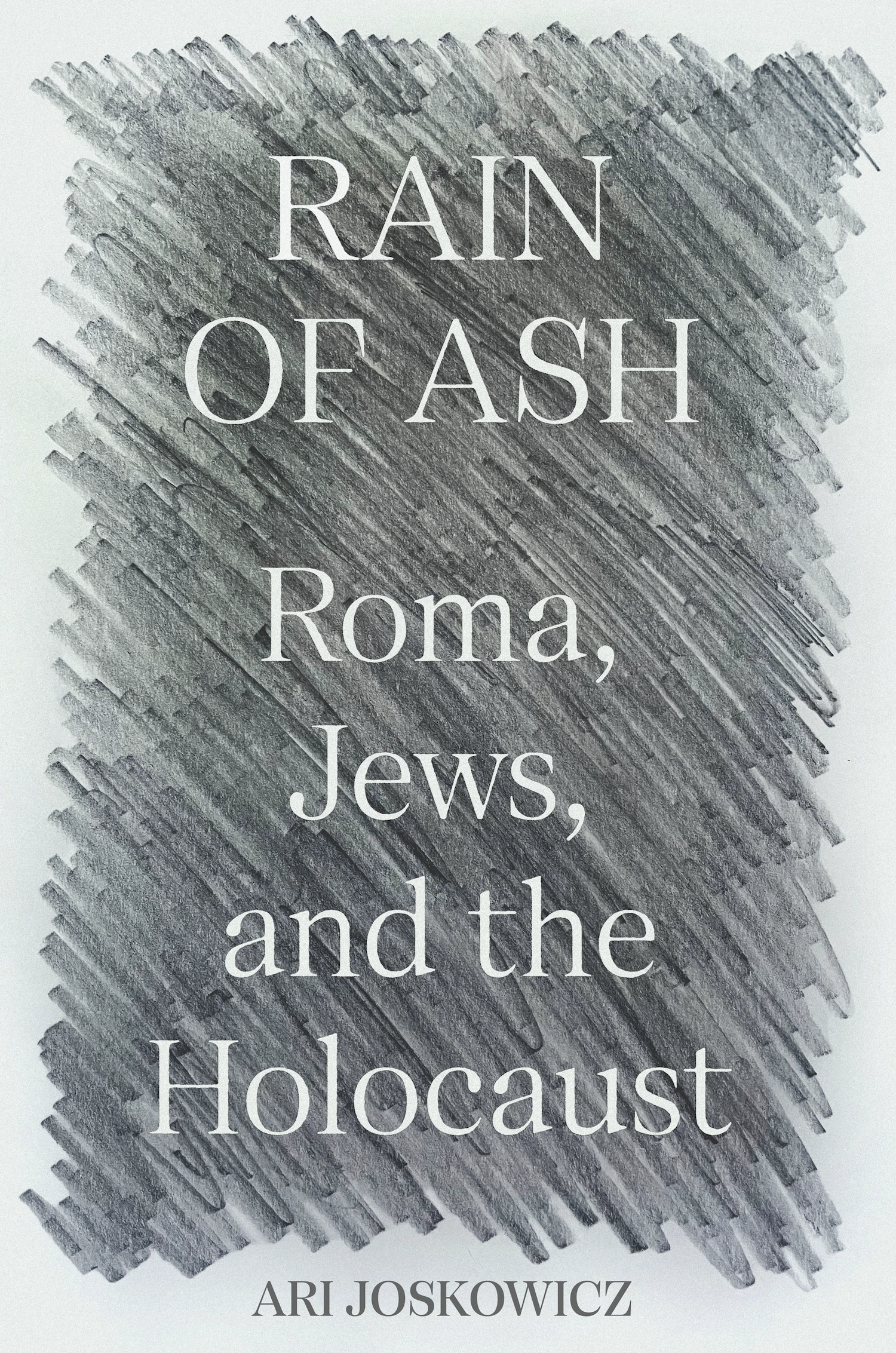
Rain of Ash: Roma, Jews, and the Holocaust
By Ari Joskowicz. Jews and Roma died side by side in the Holocaust, yet the world did not recognize their destruction equally. In the years and decades following the war, the Jewish experience of genocide increasingly occupied the attention of legal experts, scholars, educators, curators, and politicians, while the genocide of Europe’s Roma went largely…
Read more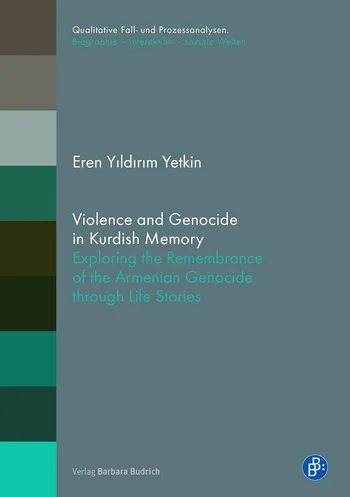
Violence and Genocide in Kurdish Memory: Exploring the Remembrance of the Armenian Genocide through Life Stories
By Eren Yıldırım Yetkin. Kurdish memories of the Armenian Genocide challenge the systematic denialism established by the Turkish state structures and foster new possibilities of coming to terms with the past. This book examines Kurdish biographies, especially from Van, Turkey, and explores the dynamics of intertwined remembrance regimes concerning the political violence on Armenians and…
Read more
